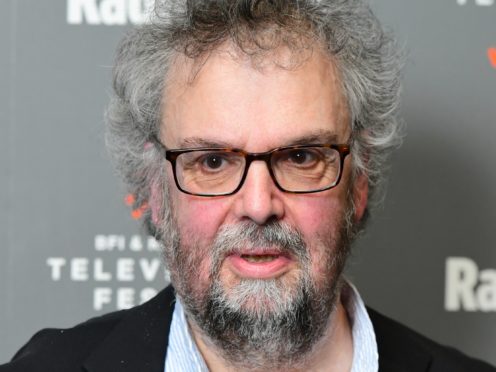Stephen Poliakoff has spoken about his concern at the surge in anti-Semitism and said he had not expected it to return in his lifetime.
The acclaimed screenwriter and playwright depicts anti-Jewish sentiments directed towards his father in his new BBC show Summer Of Rockets, which is loosely based on his family and set in 1958, and said there is a conspicuous absence of Jewish characters on British television.
He told the BFI & Radio Times Television Festival: “Anti-Semitism does recur through this piece and there is an important plot development that involves it and I wanted it to be subtle initially.
“But there are very few Jews in British drama. Since the death of the great Jack Rosenthal (the playwright) we haven’t had a lot of Jewish characters portrayed.
“It’s not often remarked on, there are statistically not many Jewish people in this country in relation to the population but nevertheless it is striking how few Jewish characters there are in British drama and also they are often portrayed in orthodox settings whereas there is a whole other strand of Jewish immigrant wanting to assimilate and still proud of their culture and it’s rarely dramatised in British stories.
“Obviously anti-Semitism is a huge issue at the moment and a terribly worrying one, I never thought it would come back in my lifetime in the way that it has.
“The terrible thing about the anti-Semitism in the 50s was it was so close to the revelation of the holocaust and powerful people that were in parliament or important and supposedly knowledgeable were parading their anti-Semitism in all sorts of ways in the 50s and that is extraordinary.
“Given the knowledge that they had of what had happened, it is shocking now and it’s shocking then.”
Poliakoff said the drama also shows the “echoes of the Cold War” that exist now as it reveals his father came under suspicion during World War Two because he was Russian.
He said: “Even as a child I remember the fear of nuclear war was still so strong, these huge images of the Russians parading their big missiles and they were shown on television, a lot of the population had a telly by then and they saw these images for the first time from around the world and it was very frightening.
“We have echoes of it now, slight twitches of the Cold War coming back now after the Salisbury poisoning and maybe they interfered with democracy. Those shadows are maybe coming back a little bit but they were so strong at that time.”
He added: “It’s a different fear now, in a sense it’s people creeping around Salisbury and doing extraordinary things and then appearing on telly and saying we were just tourists.
“That blatant lies of the Cold War have come back and are being offered up to the world.
“As someone who is partly Russian it is a bit tragic to see them treated as an enemy again and (Defence Secretary) Gavin Williamson saying very belligerent things about them.
“There is a bit of a return to the Cold War and that is not a happy development.”
